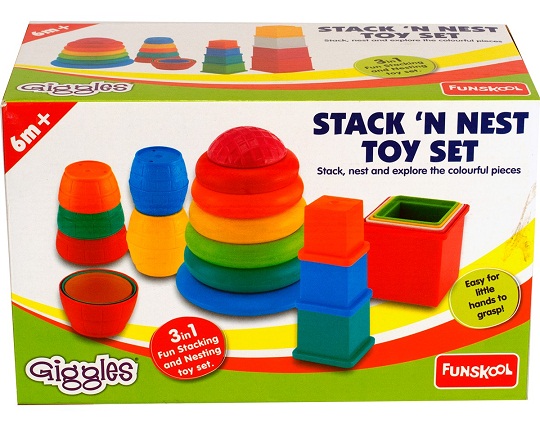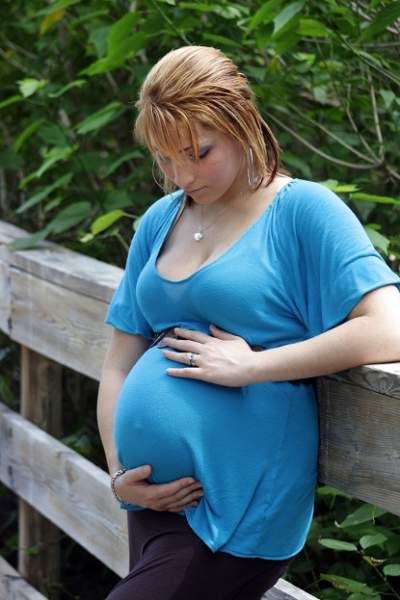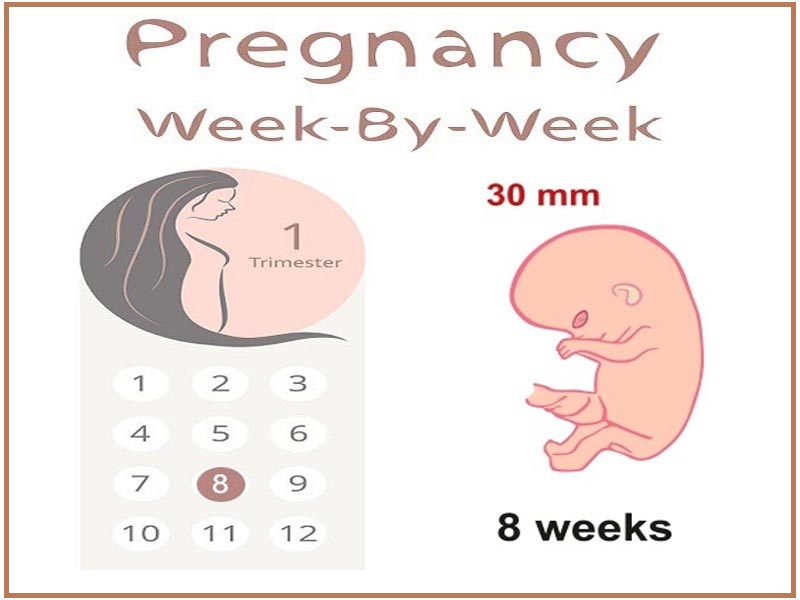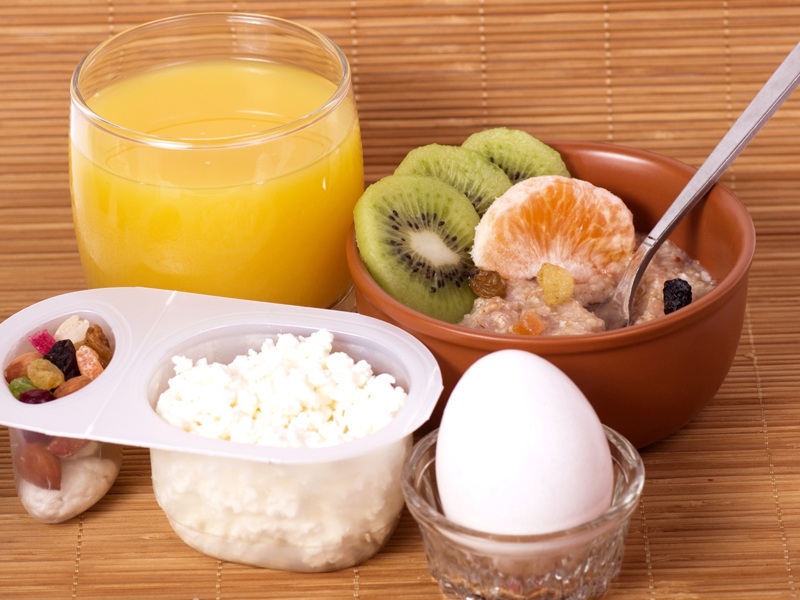Ways to Cure Newborn Baby Hiccups
As a parent, knowing and understanding every little thing about your baby becomes your duty. One such thing that is very common but yet we don’t know much about is hiccups. While hiccups in adults are often a topic of jokes. As we consider it as a sign of a near and dear one missing us, in babies, it’s a bit different. Since their bodies are too small and fragile, a baby hiccup can cause a jolt, which can cause them discomfort.
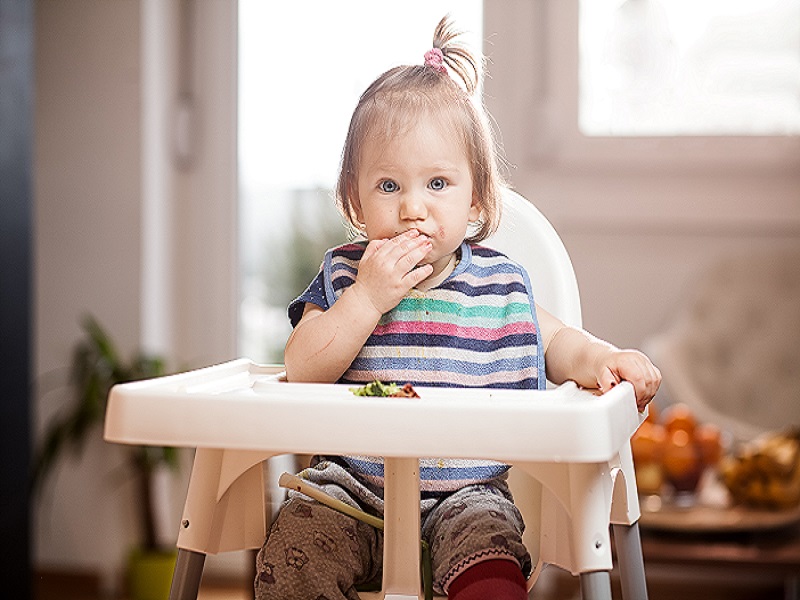
A baby can hiccup as often as an adult and sometimes even more often. As their body is still getting accustomed to the common process of breathing. A young mother may tend to get worried about seeing their baby in similar discomfort. But here we are to help them relax and understand about this common phenomenon. So, let’s learn and discover what and why’s of baby hiccoughs.
Table of content:
- Baby Hiccups In Pregnancy Womb
- Baby Hiccups Causes And Symptoms
- Advanced Tips And Tricks To Avoid Hiccups
- Are Hiccups Normal or Dangerous?
- Is There Any Need To Consult A Doctor?
- How To Stop Hiccups Instantly?
Baby Hiccups In Pregnancy Womb:
When a baby starts practicing breathing, their diaphragm makes little movements; these little movements cause hiccups while the baby is still in the womb. Baby hiccups in the pregnancy womb is a phenomenon that while may be constantly experienced by few. Other moms may not experience these fetal hiccups at all.
TOC
Baby Hiccups Causes And Symptoms:
Any kind of pressure on the diaphragm can cause spasms which eventually lead to babies getting hiccups.
[ See More: How To Burp a Baby ]
Here Are Some Other Common Causes:
1. Overfeeding :
Overfeeding cause’s pressure on the baby’s body. As the body is still not prepared to in taking more food than required. This causing pressure leads to a baby hiccupping.
2. Fast Feeding :
While overfeeding can have bad effects on the baby’s body so can fast feeding. We are often told to feed a baby slowly and patiently as they are still learning to intake food properly. Fast feeding is yet again pressuring on the diaphragm leading to baby hiccups.
















